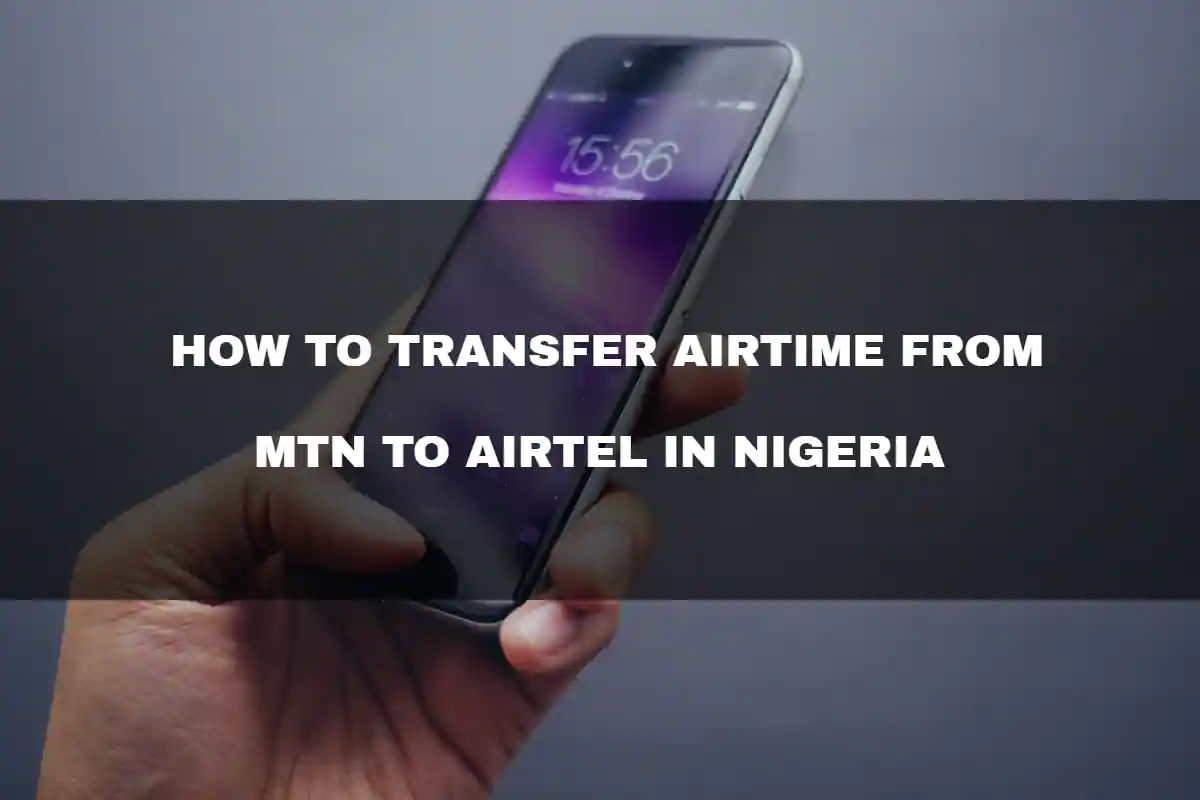Latest Cash App Scam 2024 | How To Identify Cash App Scams And Avoid Them
Cash App wants to help you avoid fraud and keep your money safe. This section will provide tips and tricks on how to spot scams and report phishing attempts.
Remember that Cash App to Cash App payments are instantaneous and can’t usually be canceled. Remember, if you hear something that sounds too good to be true (like receiving free money in return for a small payment), it is likely a scam.
How to Recognize Scams on Cash App
We strongly recommend you use the Cash App only to send money. Send only payments to people you trust This will ensure that you have sent money to the right person. To determine if the person you are looking for is real, check out their profile
Cash App Scams Email
Another way to scam Cash App users is through phishing emails. Scammers pose as Cash App and send you emails with phishing hyperlinks. Their ultimate goal is to steal personal information.
Cash App Scams Instagram
Scammers are targeting Cash App users with their $cashtags via social media platforms such as Instagram, YouTube, and Twitter. These scams have replaced scams involving wire transfers and prepaid debit cards according to the Better Business Bureau. Victims are blocked as soon as the funds are sent by the scammer.
Scammers are becoming more sophisticated every day. If you don’t pay attention, you could fall for their tricks and compromise your online financial accounts.
Cash App Scams On Facebook Messenger
These are the most common Facebook cash app scams.
The common thread in all Cash App scams is the promise of a “too good for true” deal. The scammer promises a service when you transfer your Cash App credit. But once you do, the scammer vanishes and takes your hard-earned money.
How To Avoid Cash App Scams 2024
-
Cash flipping
Sending money to trusted people is important. Avoid pyramid scheme scams advertised on Facebook.
Cash App users claim they are running a deal that could see them double or triple the amount of money you send to them through the service. Cash App won’t ask you to transfer money specifically to claim a reward.
Cash App transactions can only be canceled once money has been transferred to another user. Avoid sending Cash App credit to suspicious users. This is your best defense against such scams.
-
Phishing and Other Methods
Remember the $750 Cash App Facebook scam? Click the link to be taken to a Google document. There you will need to enter your personal information in order to claim the reward.
Identity theft can be facilitated by sensitive data such as your social security number, bank account information, and billing address. This information could lead to serious compromise of your financial accounts.
You should be suspicious of emails claiming to come from Cash App. Make sure you verify the sender and report any fraud immediately.
-
Scams with Deposits
Scammers may promise all sorts of services in return for a small deposit. You can find listings on Facebook that advertise rentals at a fraction of the normal rate. However, if you attempt to locate the listing, there is no proof that they actually deliver on their promises.
FAQs
What are the latest Cash App scams in 2024?
In 2024, Cash App scams have evolved with technology and now include:
- Phishing Scams: Scammers send fake emails, texts, or social media messages pretending to be Cash App support. These messages often contain links that lead to counterfeit websites designed to steal your login credentials.
- Fake Support Calls: Fraudsters pose as Cash App customer service representatives, asking for your account details or prompting you to download malicious software.
- Cash Flipping Scams: Promises to multiply your money if you send a certain amount first. These are always fraudulent and result in the loss of your sent funds.
- Fake Payment Requests: Scammers send requests for money pretending to be someone you know or a legitimate organization. They may also claim you owe money for a fake service or product.
How can I identify a Cash App scam?
To identify a Cash App scam, look out for these warning signs:
- Unsolicited Requests: Be cautious of unexpected money requests from unknown individuals or organizations.
- Too Good to Be True Offers: If someone promises to multiply your money or offers a prize, it’s likely a scam.
- Urgent Language: Scammers often use urgent or threatening language to create a sense of panic.
- Unverified Contacts: Verify the contact information of anyone claiming to be from Cash App support. Cash App will never ask for your PIN or sign-in code.
- Suspicious Links: Avoid clicking on links in unsolicited emails or messages. Always go directly to the Cash App website or app.
What steps should I take if I think I’ve been scammed on Cash App?
If you suspect you’ve fallen victim to a Cash App scam, follow these steps:
- Report the Incident: Immediately report the scam to Cash App support through the app.
- Change Your Password: Update your Cash App password and any other accounts that may use the same password.
- Enable Two-Factor Authentication: Add an extra layer of security to your account by enabling two-factor authentication.
- Contact Your Bank: Notify your bank about the fraudulent activity to monitor for any unauthorized transactions.
- Monitor Your Account: Keep a close eye on your Cash App and bank accounts for any suspicious transactions.
How can I avoid Cash App scams?
To avoid Cash App scams, practice the following safety measures:
- Verify Before Sending Money: Always confirm the recipient’s identity before sending money, especially if they are unknown to you.
- Secure Your Account: Use a strong, unique password and enable two-factor authentication for your Cash App account.
- Ignore Suspicious Messages: Do not respond to or click on links in unsolicited emails or messages claiming to be from Cash App support.
- Educate Yourself: Stay informed about the latest scams by regularly checking updates from Cash App and other trusted sources.
- Be Skeptical of Offers: Avoid engaging with offers that seem too good to be true, such as money flipping schemes or giveaways asking for payment first.








